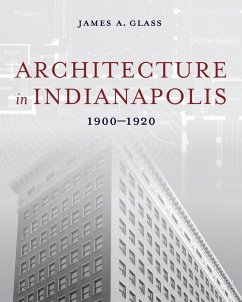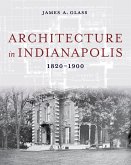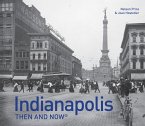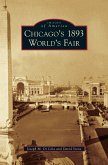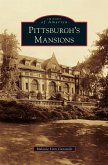As the twentieth century began, Indianapolis found itself at the center of a booming commercial and industrial network with new office buildings, department stores, theaters, hotels, factories, places or worship, and the largest electric interurban train network in the nation. The population was growing, as well, with many new residential additions to the city planned, from ornate mansions on the north side of the city to working-class bungalows and apartments. In Architecture in Indianapolis: 1900-1920, preservationist and architectural historian Dr. James A. Glass describes the varied architectural currents that shaped buildings in Indianapolis during the first two decades of the twentieth century, a period when the Commercial Club of Indianapolis called the state capital "the largest inland city." With over 300 photographs and drawings, as well as 31 maps, Glass continues the exploration begun in Volume 1 of the variety of architectural styles that the city's builders drew on, including Italian Renaissance, Gothic, Arts and Crafts, Modern, Tudor palace and Tudor vernacular, Prairie Style, and many more. And, like Volume 1, Volume 2 documents the loss of distinctive architecture that has occurred throughout Indianapolis and explains why certain structures were razed. Both volumes together provide the first history of architecture in the city during its first century and will serve as an indispensable reference for decades to come. Along with its companion 1820-1900, Architecture in Indianapolis: 1900-1920 describes the varied architecture that architects and builders in the city designed and constructed during the first two decades of the twentieth century and profusely illustrates buildings of that period, providing an indispensable reference for decades to come.
Hinweis: Dieser Artikel kann nur an eine deutsche Lieferadresse ausgeliefert werden.
Hinweis: Dieser Artikel kann nur an eine deutsche Lieferadresse ausgeliefert werden.

